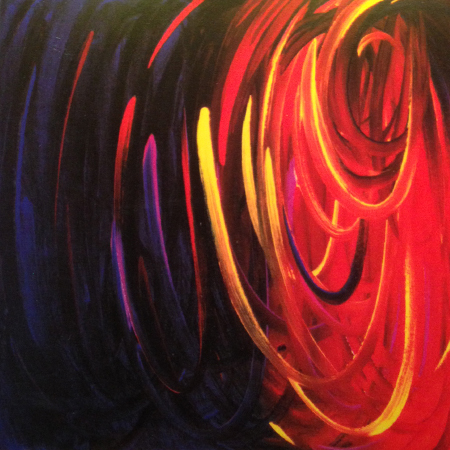Complications to Grief
Introduction
There are many factors that complicate grief and warrant professional help. Complications make finding equilibrium after significant loss more difficult. It is important to reflect upon the quality of the relationship with the deceased, the circumstances of the death, and current circumstances in your life. How you are reacting to your loss, preexisting and coexisting stressors, and how your grief is or is not progressing need to be considered.
The death of anyone significant to you is a serious enough event to warrant attention and support. The information in this section should be taken very seriously when you and others assess your grief. Alcohol and drugs, conflicted relationships, multiple losses and stressors, risk of harm, and stigmatized and traumatic deaths warrant a special warning.
Complications or not, you can apply a simple minimum standard to determine your need for professional help. The simple minimum standard is the experience of being “stuck”. Many bereaved people know when the cycling of the grief has ground to a halt. Metaphorical language is often usedto describe the experience of being stuck. Feeling like you have “hit a wall”, are stuck in “quick sand”, or cloaked under a “heavy blanket” all express that grieving has stagnated.
You may have particular mental images, memories, or thoughts that you don’t seem able to get past. There may be an event or events, information, or questions about the person who died or their death that are holding you in one place. Sometimes there is fear associated with acknowledging and accepting some feeling or truth. Perhaps it is the lack of acknowledgment and support from others, and the experience of isolation and alienation that put our grieving and mourning on pause. Being stuck can feel like depression or a deadness of feeling.
Whatever the cause, feeling “stuck” is a signal to seek out professional help as much as the risk factors I have identified and written about as complications.
